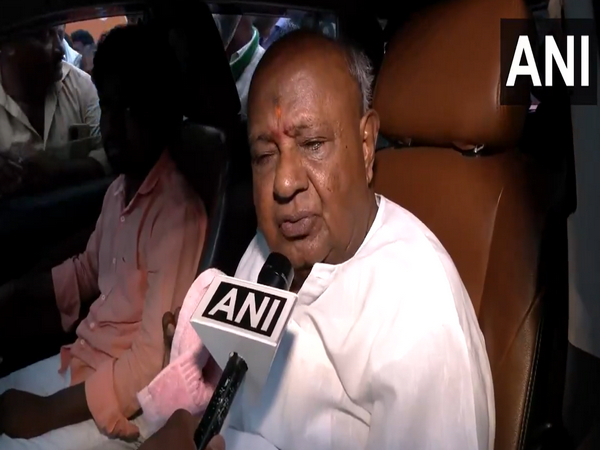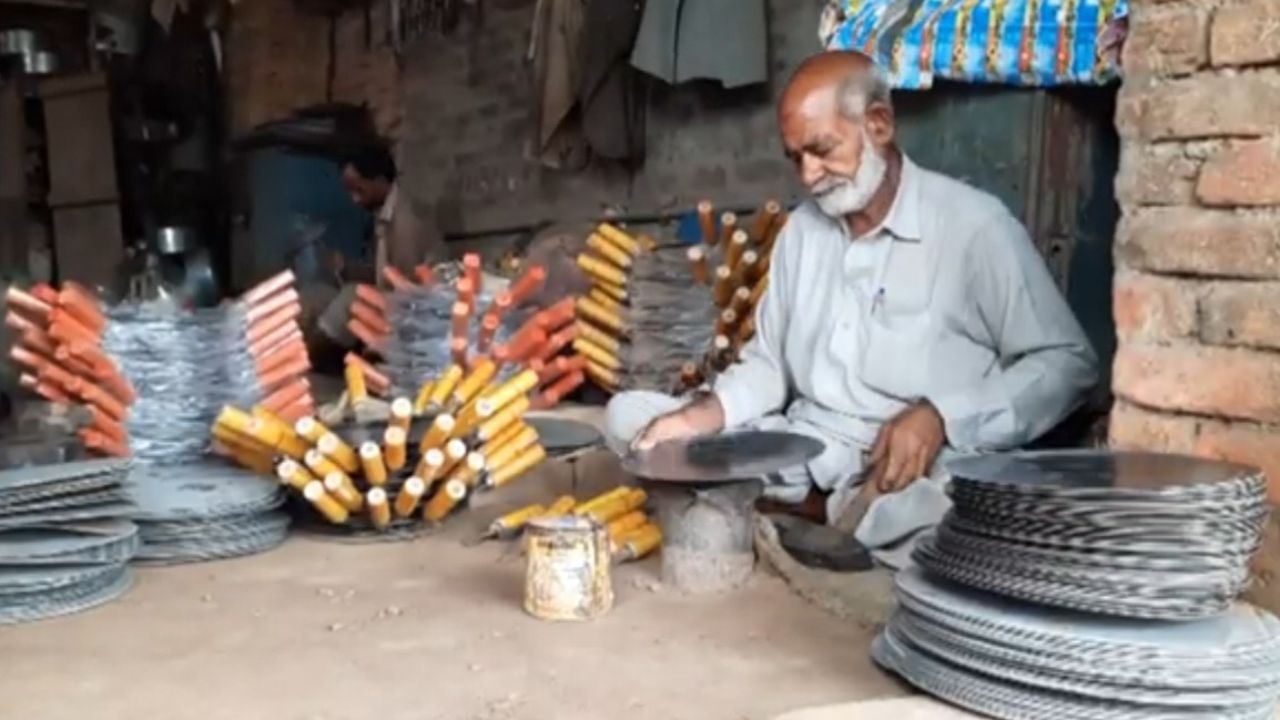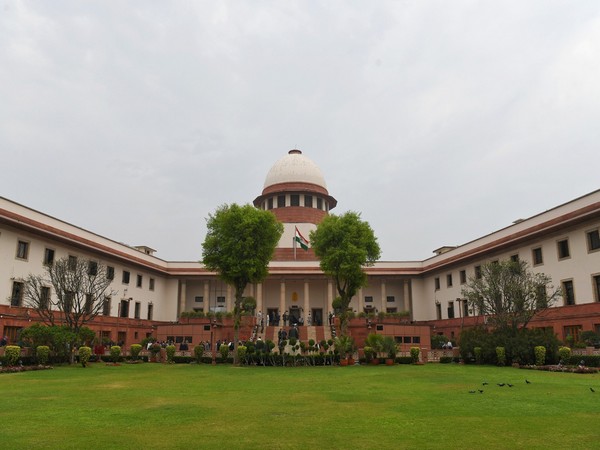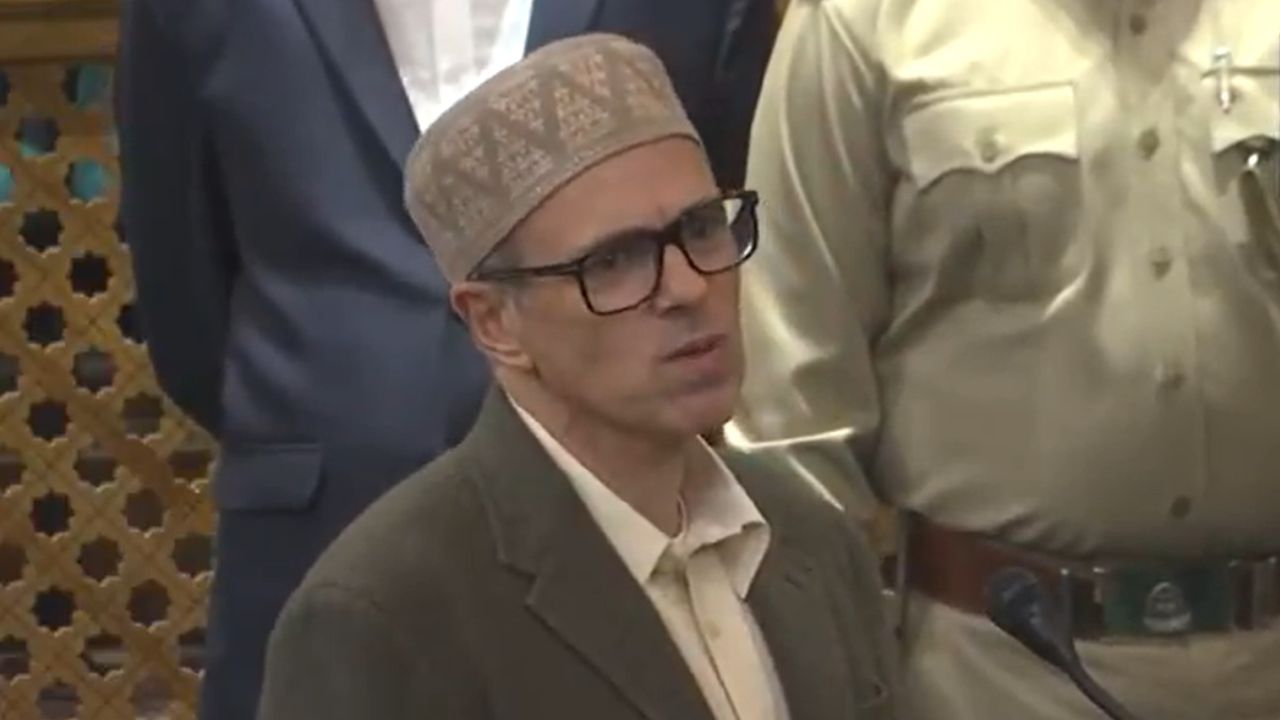Farmer unions have protested against the BJP and its candidates during the campaigning for the Lok Sabha elections in Punjab. Some incidents were reported of BJP candidates being heckled and facing protests by these farmer unions, most of which are led by the dominating Jat Sikhs.
The farmer unions have been opposing the BJP ever since they launched a massive agitation over the now scrapped three farm laws. The farmers again launched a stir in March this year on the borders of Haryana and Delhi, demanding the BJP-led central government to fulfill their demands relating to the Minimum Support Price (MSP).
The BJP, in turn, has lodged a complaint with the Election Commission against the farmer unions, accusing them of running “kangaroo courts”.
In a bid to negate the negative campaigning by the farmer groups, the BJP reached out to the Dalit community in the state. Dalits, despite having a 33 per cent share in the state’s electorate as against 18 per cent of Jats, remain behind the dominant Jat Sikhs in terms of political representation.
The BJP’s attempt to reach out to the landless Dalit farmers and farm labourers has left the farmer unions fuming.
BJP’s DALIT OUTREACH IN PUNJAB
Punjab has the highest number of Dalit voters in the country, but they are not homogeneous.
During campaigning for the Lok Sabha polls, the BJP leaders tried to attract the votes of two dominant communities of Dalit voters in Punjab — Mazhabi Sikhs and the Valmikis.
Mazhabi Sikhs, mostly landless farmers and farm labourers, comprise nearly 31 per cent of Punjab’s Dalit voters who live in villages. They were not happy with the Jat-dominated farmer unions which never championed their cause like land ownership rights.
This community of Dalits has been asserting their rights to village common lands. According to government estimates, only 3 per cent of Dalits own agricultural land in Punjab.
There are allegations against the farmer union leaders that they used the landless farmers and farm labourers to swell their numbers at protest sites. The BJP leaders say that the demand for making a law on the MSP will only benefit the landowners and not the labourers and landless farmers.
Facing a backlash from the farmer unions, many Punjab BJP nominees started contacting the landless farmers and farm labourers.
The BJP has fielded well known Punjabi singer Hans Raj Hans from Faridkot Lok Sabha constituency. He belongs to the Valmiki community.
Hans was seen addressing small Dalit gatherings in the rural areas where he, his son and party workers were allegedly attacked by the protesters.
He also raised the case of a Dalit party worker who was allegedly threatened by the former union leaders for supporting the BJP.
BJP’s Amritsar Lok Sabha seat candidate Taranjit Singh Sandhu also reached out to Dalit voters despite a stiff opposition from the farmer unions in rural pockets.
FARMER UNIONS ANGRY
The BJP’s efforts to woo Dalits, landless and farmer labourers in particular, has left the farmer unions fuming.
Samyukt Kisan Morcha leader Swaran Singh Pandher has accused the BJP of trying to polarise the voters and creating a divide between the Jat community and Dalits.
Interestingly, many of the farmer union leaders claimed they were apolitical, but their statements triggered political debates.
In February this year, BKU (Ekta Sidhupur) leader Jagjit Singh Dallewal created a furore by claiming that the construction of Ram Mandir in Ayodhya had upped PM Modi’s popularity and he wanted to bring it down.
The BJP also tried to attract another dominant Dalit community, Valmikis, who have a sizeable population in the state’s urban pockets. Both Mazhabi and Valmiki communities form a total 13 per cent of the Dalit population.
The Congress, in order to attract the Dalit votes in 2022, made Charanjit Singh Channi the chief minister. Channi is from the Ramdasia Sikh community. However, this move drifted the Valmiki community away from the Congress.
IS THE BJP’s STRATEGY WORKING?
The BJP’s strategy to attract the Mazhabi Dalit Sikhs seems to be working after farmer union leaders issued statements on the alleged polarisation.
The BJP may or may not be successful in polarising the Dalit vote, but the strategy may pay dividends in the next Assembly election.
Notably, polarising the entire Dalit community will be a Herculean task as they are divided into 39 sub-castes.
Unlike Uttar Pradesh and other states, the Dalit voters in Punjab are not just Hindus. They belong to various other faiths, including Sikhism, Christianity and Buddhism.
Keeping the Lok Sabha elections outcome apart, the BJP’s vote share has been constantly rising in Punjab.
The saffron party’s vote share stood at 5.4 per cent in the Hindu-dominated 23 Assembly segments in 2017 when the party was in alliance with the Shiromani Akali Dal. The BJP’s vote share rose to 6.6 per cent in the 2022 Assembly polls. It was 9.63 per cent in the 2019 Lok Sabha elections.





